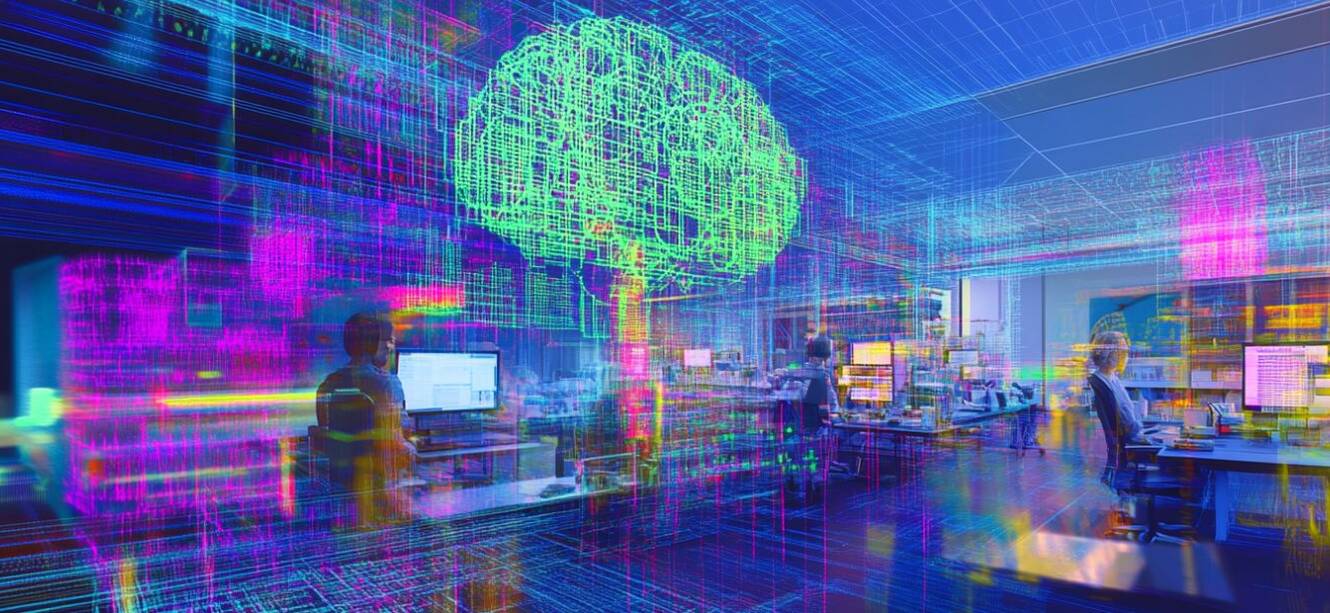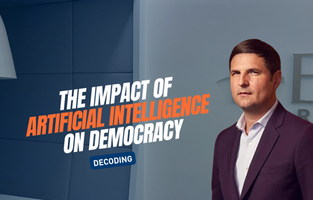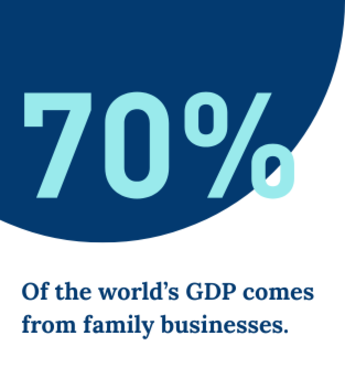Dare HEC Media Hub

World Day of Social Justice: Why Value Sharing Can’t Wait
11 minutes
Marieke Huysentruyt
In an era of rising inequality and inflation shocks, companies are becoming frontline actors in shaping social justice.
Insights You Need
Italy’s fine against Apple’s App Tracking Transparency (ATT) puts privacy design under antitrust scrutiny. Evidence suggests regulators should measure who is harmed, and design ta…
7 minutes
Klaus Miller, Daniel Brown
A new study shows that “quality signals” can backfire: Academy Award nominations can lower viewers’ ratings by raising expectations.
7 minutes
Michelangelo Rossi, Felix Schleef
Some encounters change destinies. Keep your mind open.
Inspiring voices

94 minutes
Leaders speaking openly about their vulnerability
HEC Paris Sustainability & Organizations Institute
Stories

What the Homeless Taught Us About Dignity
HEC Paris Sustainability & Organizations Institute

Jean-Marc Semoulin: Trust as a Political Act
HEC Paris Sustainability & Organizations Institute
HEC Startups
Think sharper. Grasp what matters. Solve better.
Reskill Masterclass

32 minutes
How Firms Value Sales Career Paths?
Dominique Rouziès
Knowledge

Trust Is the Invisible Infrastructure of Prosperous Societies
Marieke Huysentruyt, Yann Algan

5 mn
Is Loneliness the Most Overlooked Economic Risk of Our Time?
Marieke Huysentruyt, Yann Algan

7 minutes
Why CEOs Can No Longer Ignore Social Cohesion
Bénédicte Faivre-Tavignot
Decoding
Enough talk. Join the doers. Make change happen.
Students POV
HEC Startups
Features
April 2025

AI Technology: On a Razor's Edge?
AI challenges creativity, governance, jobs, and trust, raising urgent questions across every sector.
January 2025

Saving Lives in Intensive Care Thanks to AI
Julien Grand-Clément

AI Accuracy Isn’t Enough: Fairness Is Now Essential
Christophe Pérignon

AI and Sovereignty: The Geopolitical Power of Submarine Cables
Olivier Chatain, Jeremy Ghez
Growth or Human Ties
The Selection By
Isaline Rohmer
Isaline Rohmer is a consultant and member of the Omnicité cooperative. She coordinates a research program for HEC Paris on social entreprene…
December 1st, 2025

Podcasts
Voices Creating New Narratives and Shaping the Future of Megacities

Inside São Paulo: Building Bridges Toward Shared Prosperity
HEC Paris Sustainability & Organizations Institute
41 minutes

Inside Mumbai: Bridging Divides in a City of Extremes
HEC Paris Sustainability & Organizations Institute

Inside Cairo: A Layered City Where Past and Future Intersect
HEC Paris Sustainability & Organizations Institute
38 minutes

Inside Kinshasa: The Forces Powering Africa's Largest Urban Future
HEC Paris Sustainability & Organizations Institute
27 minutes
HEC researchers unpack their latest findings on real-world challenges

How Platform Architecture and Oscar Nominations Influence Our Choices
Michelangelo Rossi
32 minutes
Videos
Videos that break down big ideas in minutes
Leading figures with ideas that matter to elevate the debate

94 minutes
Leaders speaking openly about their vulnerability
HEC Paris Sustainability & Organizations Institute
Live masterclasses to learn new skills and grow professionally
Students’ perspectives on what matters today and what drives them

For curious minds seeking research-based insights and inspiring stories that help make sense of a world in transition, and unlock solutions within a purpose-driven community.




















































